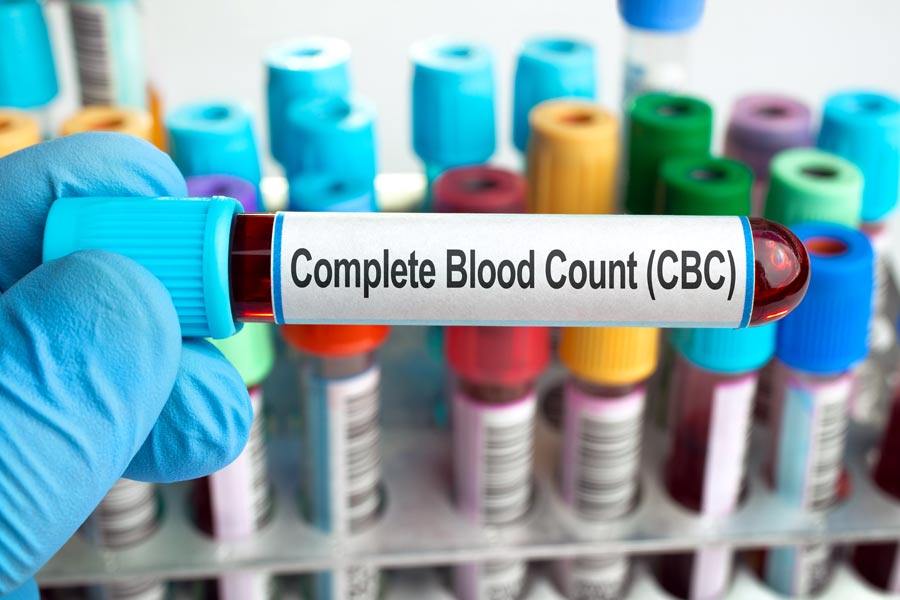In healthcare, laboratory tests play a vital role in diagnosing, monitoring, and managing a wide range of medical conditions. Accurate coding for these services is essential to ensure proper billing, reimbursement, and efficient practice operations.
By using the correct CPT codes, healthcare providers can streamline their revenue cycle while ensuring patients receive the most appropriate care. In this article, we’ll explore some of the most commonly used laboratory CPT codes and their significance in patient care.
What are CPT Codes in Laboratory Services?
CPT (Current Procedural Terminology) codes are essential for documenting and billing laboratory services. These codes are standardized identifiers used by healthcare providers to describe specific procedures or tests conducted in a laboratory setting.
For example, a blood test, urine analysis, or imaging service each has its own unique CPT code. Properly using these codes helps ensure accurate reimbursement, reduces billing errors, and streamlines the administrative process.
Correct documentation and coding also ensure that laboratory services comply with healthcare regulations and insurance requirements, contributing to efficient and compliant practice operations.
Most Common Laboratory CPT Codes
Below are some of the most commonly used laboratory CPT codes. These codes cover a range of diagnostic tests that healthcare providers frequently order to assess patient health and inform treatment decisions.
CPT Code 80048 – Basic Metabolic Panel (BMP)
CPT code 80048 is widely used for a Basic Metabolic Panel (BMP), which measures essential substances in the blood, such as glucose, calcium, sodium, potassium, chloride, and carbon dioxide.
This panel helps healthcare providers assess the patient’s kidney function, electrolyte balance, and overall metabolic state. It’s commonly ordered during routine health checkups, pre-operative screenings, or in emergency situations.
CPT Code 85025 – Complete Blood Count (CBC) with Platelet Count
The Complete Blood Count (CBC) with Platelet Count, indicated by CPT code 85025, is one of the most frequently ordered laboratory tests. It measures red blood cells (RBC), white blood cells (WBC), hemoglobin, hematocrit, and platelets in the blood.
This test helps in diagnosing conditions such as anemia, infections, and blood clotting disorders. It’s essential in both routine screenings and managing chronic health conditions.
Research shows that nearly 3 million people in the U.S. suffer from anemia, a condition that can be diagnosed early with the CBC test, which includes platelet count. Early detection through this test can lead to better management and improved patient outcomes.

CPT Code 82306 – Vitamin D Test
Vitamin D testing, billed under CPT code 82306, is particularly significant for evaluating bone health and muscle function. A deficiency in vitamin D can lead to a range of issues, including muscle weakness, fatigue, and an increased risk of fractures.
This test is essential for athletes, individuals at risk for osteoporosis, or those experiencing chronic fatigue. Regular vitamin D assessments are crucial to ensuring optimal health, especially in people with limited sun exposure or specific medical conditions.
CPT Code 80053 – Comprehensive Metabolic Panel (CMP)
The Comprehensive Metabolic Panel (CMP), indicated by CPT code 80053, expands upon the Basic Metabolic Panel, and is one of the essential laboratory CPT codes used in diagnostic testing. In addition to the substances measured in a BMP, the CMP includes additional tests for liver function, including protein levels, albumin, and liver enzymes.
This panel is often used to assess kidney and liver function, monitor patients with chronic conditions like diabetes or hypertension, and provide general health insights.
CPT Code 87491 – PCR Test for Respiratory Pathogens
CPT code 87491 is used for the PCR test to detect respiratory pathogens, including viruses that cause the flu, COVID-19, and other respiratory infections. This molecular test provides quick and accurate results, making it essential for diagnosing viral infections, especially during outbreaks. Accurate diagnosis through PCR tests is crucial in managing and treating viral diseases.
In fact, COVID-19 was responsible for more than 1.1 million deaths in the U.S. as of 2023, and PCR testing has played a vital role in controlling its spread by enabling healthcare providers to initiate timely and appropriate treatment.
CPT Code 83036 – Hemoglobin A1c (HbA1c)
CPT code 83036 is used for the Hemoglobin A1c test, a critical test for diagnosing and monitoring diabetes. It measures the average blood sugar level over the past 2-3 months, providing insight into a patient’s long-term glucose control.
This test helps healthcare providers assess how well a diabetic patient’s blood sugar levels are managed and determine adjustments to treatment plans.
CPT Code 86308 – Hepatitis C Antibody Test
CPT code 86308 is used for the Hepatitis C antibody test, which screens for the presence of antibodies to the Hepatitis C virus.
This test is crucial for detecting individuals at risk of chronic liver disease and is particularly recommended for those with a history of drug use, organ transplants, or unprotected sex. Early detection of Hepatitis C can lead to effective treatment and prevent liver damage.
CPT Code 84153 – Thyroid Stimulating Hormone (TSH)
CPT code 84153 is used to bill for the Thyroid Stimulating Hormone (TSH) test, which is used to assess thyroid function. TSH is a critical hormone that regulates the thyroid gland’s production of thyroid hormones, affecting metabolism, energy levels, and overall health. This test is vital for diagnosing thyroid disorders such as hypothyroidism and hyperthyroidism.
In fact, around 20 million Americans are estimated to have some form of thyroid disease, with nearly 60% unaware of their condition, according to the American Thyroid Association. Regular TSH testing is crucial for early detection and effective management of these disorders, particularly for preventing complications like heart disease and osteoporosis.

Conclusion
Laboratory testing is integral to modern healthcare, providing essential information for diagnosing and managing various conditions. Properly understanding and using laboratory CPT codes is key for healthcare providers to ensure accurate billing and reimbursement.
For practices seeking to enhance billing efficiency and streamline operations, partnering with our laboratory billing company will improve accuracy, boost faster reimbursements, and improve compliance with healthcare regulations. Outsourcing not only boosts your practice’s financial performance but also allows you to focus more on providing exceptional patient care.

With a strong background in the marketing industry and healthcare leadership roles, Filip is responsible for CLICKVISIONBPO’s sales strategies and onboarding new clients. With a passion for sharing insights gained from his experience, he also shares valuable knowledge through industry related articles.
